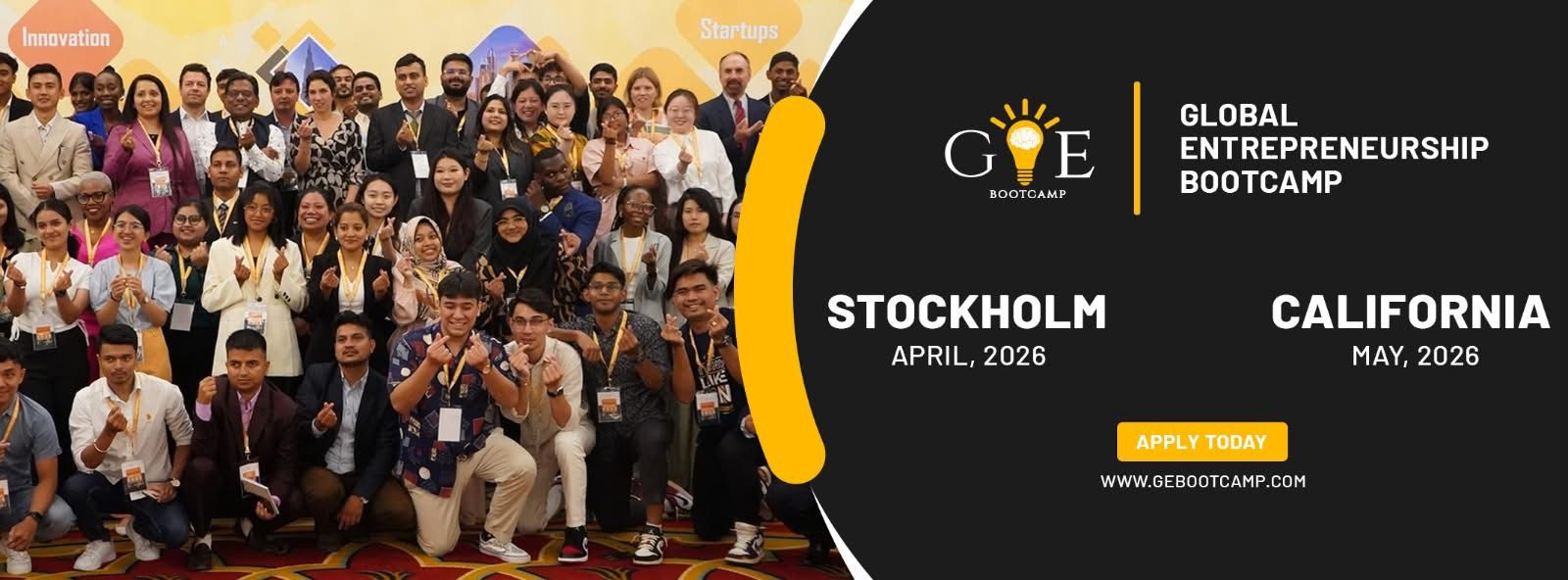
Details
The 11th Computer Science On-line Conference 2022 aims to collaborate researchers and practitioners interested in strengthening the scientific foundations in computer science, informatics, and software engineering.
CSOC is an environmentally-friendly scientific meeting as all attendees will participate using a web-based conferencing solution. This makes scientific conferencing more environmentally friendly and ecological as well as more economical for participants too.
The conference will be organized in three main sections:
- Software Engineering Perspectives in Systems
- Artificial Intelligence Trends in Systems
- Cybernetics Perspectives in Systems
Topics for the Online Conference
CSOC2022 seeks original papers that address the theory, design, development and evaluation of ideas, tools, techniques and methodologies including the following topics:
1. Computer Science
Communication Systems and Networks, Computer Supported Cooperative Work, Data Mining and Knowledge Recovery, Economic and Financial Systems, Healthcare Engineering, Human-Computer Interaction, Information Management Systems, Internet and Information Systems Development, Mobile/Wireless Computing, Parallel and Distributed Computing, Process Management & Improvement, Programming languages, Technology Transfer, Telecommunications, Web-Based Applications, and Computer Game Development
2. Software Engineering
Aspect-orientation and Feature Interaction, Business Process Reengineering and Science, Component-Based Software Engineering, User Modeling and Management, Cost Modeling and Analysis, Design Patterns and Frameworks, Empirical Software Engineering, End-user Software Engineering, Engineering of Distributed/parallel SW Systems, Engineering of Embedded and Real-time Software, Engineering Secure Software, Formal Methods and Tools, Modeling with UML, Middleware Design Techniques, Object-Oriented Technology, Patterns and Frameworks, Program Comprehension and Visualization, Reengineering, Reverse Engineering, Reliability Modeling and Analysis, Requirements Engineering, Reverse Engineering and Maintenance, Safety and Security Critical Software, Software Architecture and Design, Software Components and their Reuse, Software Dependability, Safety and Reliability, Software Economics and Metrics, Software Engineering for Mobiles, Ubiquitous and Pervasive Systems, Software Policy and Ethics, Software Process Models, Software processes and workflows, Software requirements engineering, Software Reuse and Metrics, Software Testing and Analysis, Software Tools and Development Environments, SW Configuration Management and Deployment, Theory and Formal Methods, Modeling Use Cases and Scenarios, Web Engineering
3. Informatics
Computer Animation and Design Contents, Distributed Intelligent Systems, Information Systems Engineering, Virtual Reality and Computer Graphics, Visual and Multimedia Computing, Artificial Intelligence, Software Agent Technology, Neural Networks, Chaos Theory, Fuzzy Systems, Fractals
4. Cybernetics and Automation Theory
Adaptive Control and Robust Control, Artificial Intelligence and Knowledge Engineering, Automation in Biology, Medicine and Chemical Engineering, Circuits and Electronics for Control, Computational Intelligence and Applications, Control Theory and Control Engineering Fuzzy Systems and Fuzzy Control, Cybernetics and Man-Machine Interaction, Digital Control and Real-time Control, Fuzzy Systems and Fuzzy Control, Genetic Algorithms and Evolutionary Control, Hierarchical Control and Large Scale Systems, Hybrid Systems, Industrial Automation, Control and Online Monitoring, Intelligent Automation and Manufacturing, Intelligent Control Theory and Optimization, Microprocessors and Embedded Systems, Identification and Fault Diagnosis, Navigation Control Theory and Applications, eural Networks and Neural Control, Optimal Control and Stochastic Control, Optimization Problems in Control Engineering Signal Processing Systems for Control, Systems Engineering and Engineering Optimization
5. Intelligent technologies and methods of multi-model forecasting the state and management of complex natural and technological objects; methods and technologies of integrated processing of heterogeneous data, information and knowledge in tasks of monitoring and proactive management; implementation of intelligent information technologies for monitoring and forecasting in decision support systems for managing complex natural and technological objects.
Read more: Asia Social Impact Incubation Program ($3000 Fund)
Paper Submission Instructions for the Online Conference
- Authors should prepare a full conference paper following the structure: Introduction – Methods – Results – Discussions
- For your paper preparation, you have to follow Springer templates.
- Corresponding authors should log into their accounts to upload the digital version of their paper as well as a copyright form if the paper is accepted.
At least three reviewers will evaluate the submission in a blind-peer review. Later, authors will be informed by e-mail about the acceptance results.
Online Conference Fees:
All the participant authors should pay a conference fee. Each participant should pay EUR 370 per accepted paper. The conference fee also includes the Springer conference proceedings (PDF) of the section in which the paper is presented.
Dates and Deadline
December 6: Paper submission deadline
February 22: Paper acceptance notification
March 18: Online version paper submission
March 18: Registration and fee deadline
Specifications
| Type of Opportunity | Conferences |
|---|---|
| Event Date | 26 April,2022 to 30 April,2022 |
| Deadline | 06 December,2021 |
| Open to | all nationalities |
| Organizer | CSOC |
| Contact the organizer | [email protected] |

